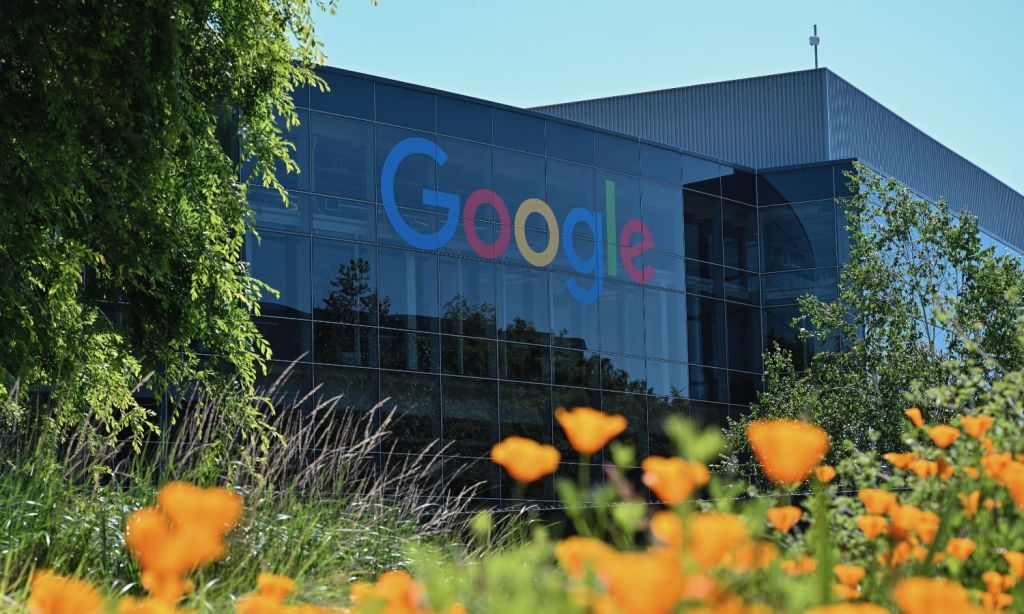Ever wonder why Google is basically the default search engine for everything? When, for example, you buy a new iPhone, it comes pre-packaged with Google as your go-to internet search app.
That’s not an accident, nor is it entirely the result of Google’s search engine brilliance. The reason why is at the centre of a massive civil lawsuit brought by the US Department of Justice and multiple state District Attorneys against the tech behemoth.
That trial is now in its second of ten planned weeks, but for the most part, it’s barely broken into general consciousness.
Google is the only game in town because they pay billions of dollars to be so. During the trial, Apple Vice President Eddy Cue was called to give evidence and said that there is no “valid alternative to Google.” Or at least, that was his reasoning as to why Apple accepted an undisclosed sum to not provide an alternative when selling their phones. That deal, made in 2016, was a reworked one that goes back to 2002.
For decades, Google has been making similar deals with other major tech players like Samsung, Microsoft, Mozilla and others to ensure that its search engine is the default on their products.
Google, for their part, reject the claim that they’re doing anything wrong. In a statement on their blog, they describe the lawsuit as “deeply flawed” and missing the point. They argue buying up space in consumer products is the same as a cereal company paying to have their cereal at eye level in a supermarket.
However, Google’s approach is something that the US government has taken issue with, claiming that the company, one of the most powerful in the world with a turnover of more than USD $1.7 trillion, has essentially rigged the market.
In 2020, the DOJ filed a lawsuit against Google for “unlawfully maintaining monopolies through anticompetitive and exclusionary practices.”
“Competition in this industry is vitally important, which is why today’s challenge against Google — the gatekeeper of the Internet — for violating antitrust laws is a monumental case both for the Department of Justice and for the American people,” said Attorney General William Barr. He might as well have added the rest of the people in the world, too.
The outcome of the trial could be huge. There is discussion of Google needing to be broken up due to its size and suggestion that other mega tech companies could also become legal targets.
Why Haven’t We Heard About the Google Trial?
It’s not as if the trial hasn’t been covered in the mainstream media. In fact, far from it. What does make the case different to most civil trials however is that it’s being held in virtual secrecy.
At least half of the testimony given during the trial has been sealed from the public. There are no laptops, no cameras, and no phones allowed in the courtroom. Exhibits used in court have been removed from public viewing.
Judge Amit Mehta appears to be deferential to Google over its claims of business concerns in allowing the company to hide evidence from the public and has even not ruled the company’s use of self-deleting messages in internal communication about the trial as an issue.
The only access given to the trial is either in person, with limited windows for being in the courtroom, or in transcripts which are heavily redacted.
All of this is the case because Google has the financial might to pay for the top legal minds to construct the trial in this way.
It’s just one example of why many on the left are keen to see tech giants like Google regulated. The sheer size of the company, wealthier than 90% of nations on Earth, creates what the prosecution has called a “feedback loop.” Like a black hole, Google’s access to data makes it better able to serve its customers — advertisers — and reward it with more data through increased use. The money it earns can then be used to expand and defend its market share.
Whether or not this will be the end of Google is unlikely. The company faced similar legal challenges in Europe last year where it was forced to pay $6.126 billion for breaching anti-competition laws. That said, the last time a tech giant was taken to task by the American government was back in 2000 when a District Court Judge ordered Microsoft broken up on similar monopoly grounds.
Whatever the outcome of the current trial, it won’t be the last time the US government goes up against one of their biggest companies. At the start of this year, the DOJ filed a separate suit against Google for further monopolistic practices in its advertising business.
Related: Google Has Been Quietly Updating Its Chatbot — We Asked the Developers for the Details
Related: Google’s Jumping on the Blue Tick Bandwagon
Read more stories from The Latch and subscribe to our email newsletter.

